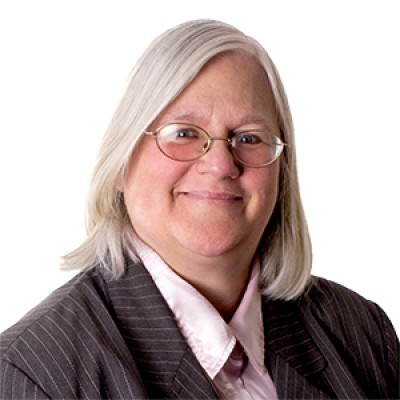Today, in our multi-part series on DMCA exemptions, we cover a new exemption concerning “smart TVs”. In addition to the exemptions for jailbreaking devices such as smartphones and tablets that we described in Part 3, of our series, the Copyright Office has also added an exemption for jailbreaking smart TVs. The exemption is a limited one, and extends only to software that enables smart TVs to execute lawfully obtained applications, where circumventing the technological control is accomplished for the “sole purpose” of enabling interoperability of the smart TV with the lawfully acquired applications.
In recommending this exemption, the Copyright Office also discussed free, libre and open source software (“FLOSS”) applications found on most smart TV’s. FLOSS applications are typically free software the source code for which is made available to the public, to use or to modify. Although the software is free, users receive a license, not ownership. Similar to a typical “commercial” software license, an open source license describes how licensees can use the code and includes various disclaimers and – sometimes – additional restrictions. There are a large number of open source licenses, ranging from simple half-page “AS IS”-type licenses to multiple-page licenses governing how to use the code and the effects on the user’s intellectual property that changing the source code can have. Although FLOSS software licenses vary substantially, they typically require that the source code remain freely available (“open”) to anyone wishing to modify the code.
FLOSS software is also similar to “commercial” software in that it is potentially copyrightable, and the user’s rights are governed by the license agreement. With respect to the smart TV exemption, the Copyright Office commented that accessing and changing FLOSS applications in accordance with its license agreement is also in accordance with the copyright law. In other words, there was no DMCA exemption needed for FLOSS applications because the code is already available for anyone who wishes to modify it.
It is worth noting that while FLOSS software is free, using the software in violation of the license terms and copyright law can subject the user to a lawsuit. This is precisely what happened with BusyBox, a popular set of Unix® software tools governed by an open source license known as the GNU General Public License, or GPL. Two of the software developers of BusyBox brought a series of lawsuits alleging, among other things, that certain well known providers/retailers had sold equipment containing BusyBox to their customers, but did not make the source code freely available to the public. The complaints alleged that the providers/retailers infringed the developers’ copyright in BusyBox because the providers/retailers were not acting in accordance with the GPL. All of the lawsuits settled. Note that all of the lawsuits were filed by the not-for-profit Software Freedom Law Center on behalf of the BusyBox developers, so the typical financial incentives that affect both parties to any litigation were significantly altered.
Note also that version 3 of the GPL expressly prohibits its use as a technological measure under any DMCA-type law. See Section 3 of the license.
As the Internet of Things continues to expand and individuals gain greater control over their televisions and other devices/products, users need to observe the permissions and prohibitions in the relevant license agreements. In addition, any company using hardware or software obtained from a third party would be wise to understand whether open source software is included and to comply with the license terms.


